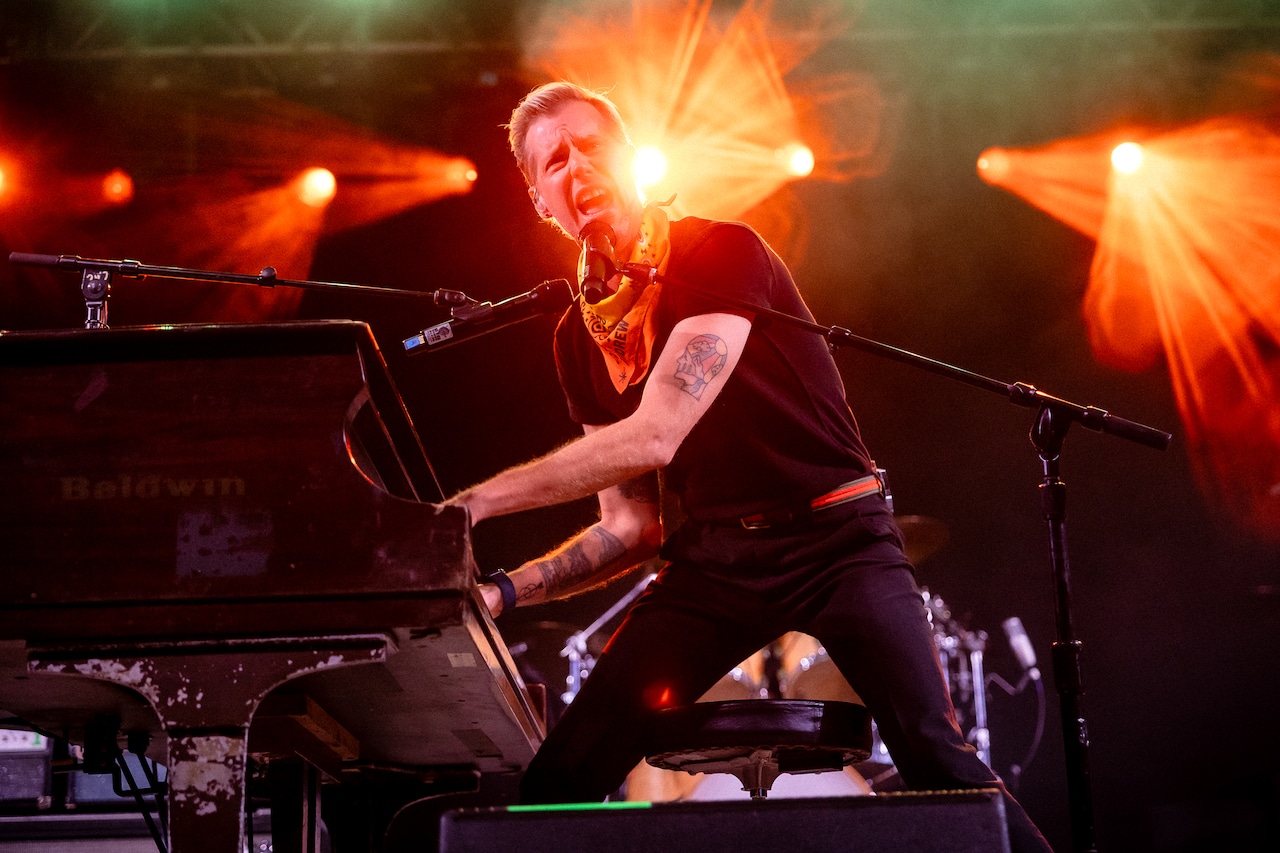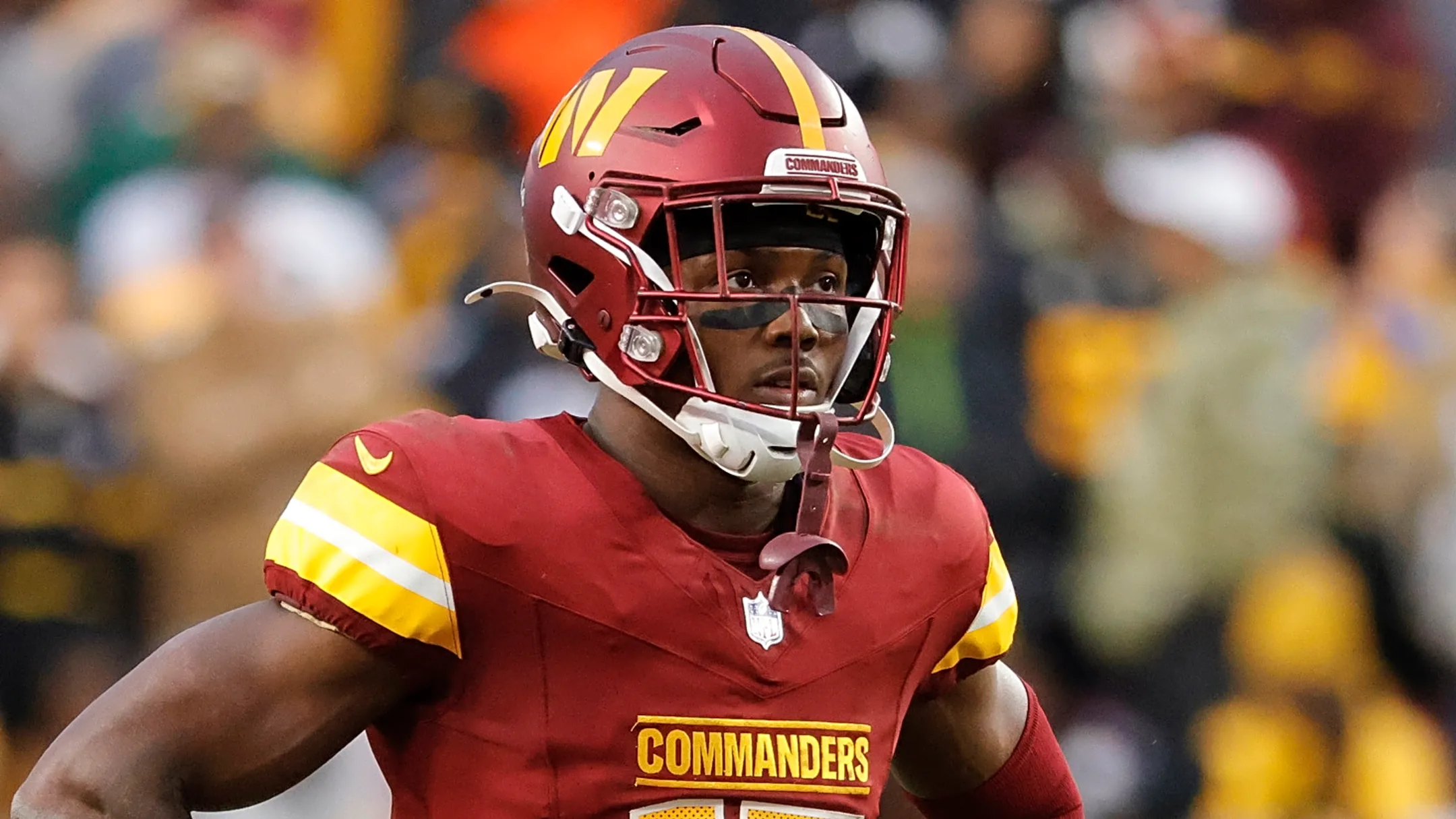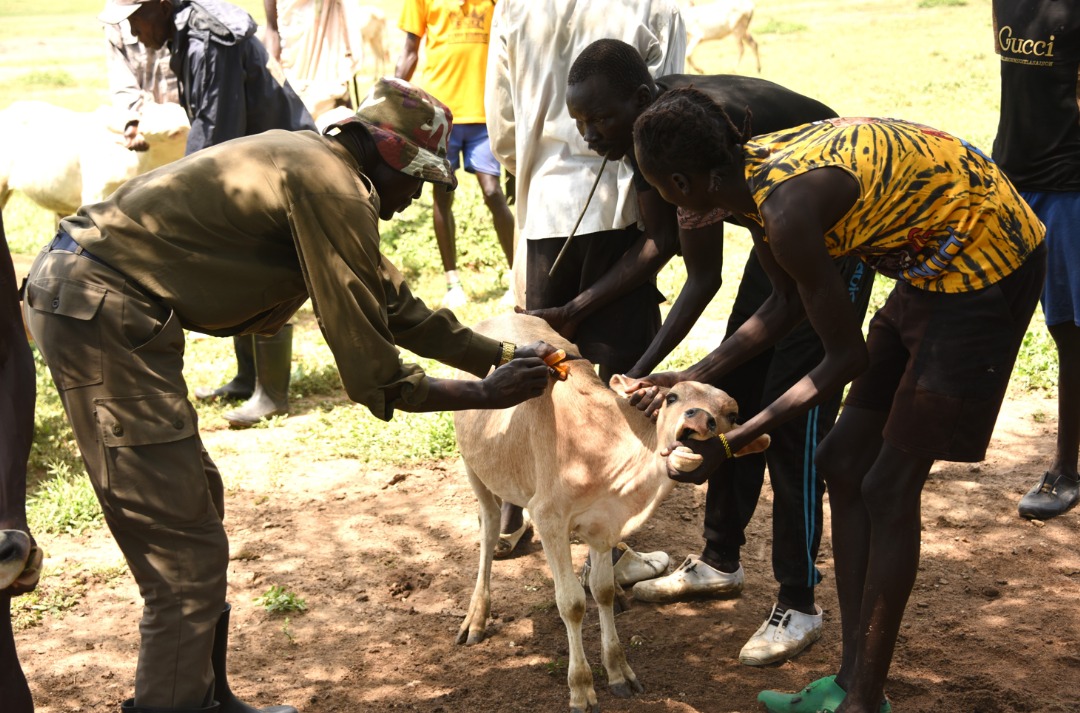Copyright cleveland.com

It’s been a back to the future couple of years for Andrew McMahon. Last year the singer, songwriter and keyboardist was on the road for a reunion tour with his band Something Corporate, which also released a pair of new singles, its first new music in 20 years. He’s followed that this year by regrouping his subsequent group Jack’s Mannequin, celebrating the 20th anniversary of its debut album “Everything in Transit” -- released at the same time McMahon was diagnosed with acute lymphoblastic leukemia, an irony since the Jack’s was named after a friend who’d battled leukemia as a child. McMahon’s experience, documented in the 2009 film “Dear Jack,” required a stem cell transplant from his sister and inspired his non-profit Dear Jack Foundation Jack’s Mannequin released three albums before discontinuing in 2012, followed by Andrew McMahon in the Wilderness two years later. Back in July, McMahon -- who published a memoir, “Three Pianos,” during 2021 -- even gathered all three of the bands together for a one-night concert at the Red Rocks Amphitheatre in Colorado, in between legs of the Jack’s Mannequin tour. And during August he released an EP, “Everything In Transit: Strings Attached,” featuring five of the first-album songs in re-imagined arrangement featuring -- wait for it -- strings. We caught up to McMahon, 43, at home in San Clemente, Calif., getting ready for the latest leg of the outing which brings Jack’s Mannequin to the Cleveland Agora on Saturday, Nov. 8 at 8 p.m. He’s basking happily in the glow of his recent and far-flung past, but he’s also starting to “gather strength” towards whatever music comes next: Is the Jack’s Mannequin tour an obvious follow-up to the Something Corporate reunion last year? McMahon: I’m such a linear thinker -- if we’re gonna do this with Something Corporate, let’s kind of work all the way through and see what it brings up, what sort of lessons have been learned -- or not learned, I guess -- and kinda check in with not only the relationship with my bandmates but also with that music and kind of reconnect to it in a time of life that’s certainly much less fraught than the time it was created and toured in, originally. I think there was an inclination that I maybe needed to kind of walk through that bit of history before I would figure out what’s coming next. What’s each reunion been like compared to the other? McMahon: I think the Something Corporate piece was probably a little bit easier to do, even though a lot of the Jack’s band members have traveled with me in some configuration as part of my other projects. With Something Corporate, because there was such a hard out on that in 2004, it’s all a little bit less complicated. With the Jack’s stuff, because so much of that music is wrapped up in, first, my breakup with my girlfriend -- but now my wife -- and then getting sick and being in the hospital. Things were so wrapped up in my recovery and trying to establish a life post-cancer my survival...there were a lot of emotions attached to it that I didn’t anticipate fully. But I think it was good to kind of put on that costume again and confront and make peace with and see how it fit. And how’s that been working out for you? McMahon: Honestly, it’s been beautiful. It’s been cathartic, that’s for sure. The beginning of it was trickier. I had digitized something like 60-plus hours of home movies I had shot around those handful of years to be used during the show, which was a lot to take it. It was difficult but it was also useful, and I think the first couple of shows on the tour I was feeling really anxious and certainly a little bit vulnerable. It was a few nights in and I finally just said it out loud that this brings up a lot for me, and I’m sure there are people in this audience that have probably attached some of this music to their personal struggle and things like that. I said, “I’m gonna just try to stay super-present and be here for whatever comes up, and we’ll talk it through.” As soon as I did that, all of a sudden the mission of the tour kind of came into focus, and I realized it’s OK to dredge up this history as long as you star it in the face and make some peace with it. Because of the circumstances that followed Jack’s formation, it’s sometimes hard to remind that it began as simply your next musical project with a lot of excitement around it. McMahon: Exactly. I didn’t have any huge aspirations for it when I began in the studio; it was just an outlet, and in that sense it was really pure. I was spending all my own money, putting all the sessions together myself, working one on one with the producer and also going through the normal (stuff) you go through when you’re 21 -- broken up with someone, processing that through a record and everything. Then it became, like, this rocket ship. Labels were going crazy for it. I was able to sort of fashion a thing exactly how I envisioned it. So as it started it was like the most hopeful sort of pure thing I’ve ever been attached to. And very quickly it turned into this other adventure of illness and getting better and getting married and... confronting what I’d actually just been through. I don’t want to say it polluted it; it just became something different, as life sort of does. So a lot of what Jack’s became was searching to find my way back to that initial feeling and that initial purity of what it was like to make the first album. Could it have lasted longer than the eight years it did? McMahon: No. Obviously I`ve maintained the relationship with the bandmates, and I’m super proud that we’ve stayed close and still play music together. But I really needed space and I needed to start over. At that point we were just all so shell-shocked from being on the road over 200 days a year, then always being in the studio and just all the stuff that goes along with that. I was locked into so many really unhealthy patters and was trying to find a road back to a healthier balance of work and living. I don’t know that any next Jack’s record would have fulfilled that the first Wilderness one did for me (in 2014). Given the baggage, how do you relate to the Jack`s Mannequin songs now? McMahon: The thing that’s funny about the Jack’s catalog is it’s so dense; we have three (albums) but then there’s at least another album and a half worth of stuff I didn’t put on the records. For the second two records I was definitely locked into this sort of, like, tortured artist mode; it was kind of cliche other than the fact there was some real heavy (stuff) in the background with being sick and the post-traumatic stress. One thing I’ve come away with is there’s so much work I put into these songs; I killed myself for them probably more than I needed to. Now, I can look at it and go, “Yeah, dude, you were in your 20s. They were (messed) up and fun and challenging, but you have all this music.” So, there’s a lot more gratitude to be on the other side and to have all these artifacts from such a focused part of my life. How did the “Everything In Transit: Strings Attached” EP come about? McMahon: That was sort of funny. I started with the idea I’d just do piano and vocal versions of the 11 tunes on “...Transit” and (record) them that way. But it was like, “This doesn’t feel special.” Even though I’m doing the acoustic thing, I still wanted it to sound like a record. So we invited a string player on the first night after we were kind of striking out, and all of a sudden it turned into this party where we were writing string parts in the room in real time and putting sticky tabs on all the piano strings to turn the piano into a pizzicato string instrument. We spent eight or 10 days just experimenting and having fun. We didn’t finish the whole record, but it feels pretty true to the spirit of the (original) “...Transit” recordings; that was all trial and error and people sitting in a room, drinking beers and having fun. Is that the gateway to what’s next? McMahon: I’m, like, long overdue to start on a deep dive and make some new music. It’s in my prevue, and I’m gathering strength for that moment. I love being in the studio, and (the EP) was kind of a new way to experiment in the studio and build a little bit of a vernacular for what might come next. I’ve decided already next year is going to be a lot lighter than this year and (2024). I think there’ll be a lot of those little (recording) experiments we’ll be running throughout next year and getting some new material that helps support the catalog while I’m working on some new music. Care to hazard a guess what it might be? More Wilderness? Jack’s? Something Corporate? Something new? McMahon: I’ve sort of committed myself to waiting ‘til the last Jack’s Mannequin date (Nov. 23) to start thinking about it. This current iteration of the music business meets influencer is... I’m not cynical about it but I’m also trying to figure out what my place in it is and how I want to use my voice and how I can make something that still feel important, and you’re not just dropping it to the Spotify abyss and running up against whatever 100,000 songs are released that day. I’ve set this impossibly high bar, but I’ve put out so much music that if I’m gonna do another record I want it to feel really important and, like, a calling card for the next chapter of my life. I haven’t quite answered that question, but it’s gonna be shutting all of the noise around me off and just sitting at a piano by myself for a handful of months and seeing what I can do on my own before I start jumping into the studio. What is there that you’d still like to do? McMahon: Getting into more television and film stuff, I think, would be awesome for me. That’s a world I’ve always been fascinated by, and I’ve dipped my toe in a handful of projects. I’m gonna date myself here, but I do miss those zeitgeist moments where everyone knew the same record or watched the same show and there was a kind of common language around the culture. So, I think in any way I can find myself working across mediums to make the music to reach more people is sort of my mission right now.



